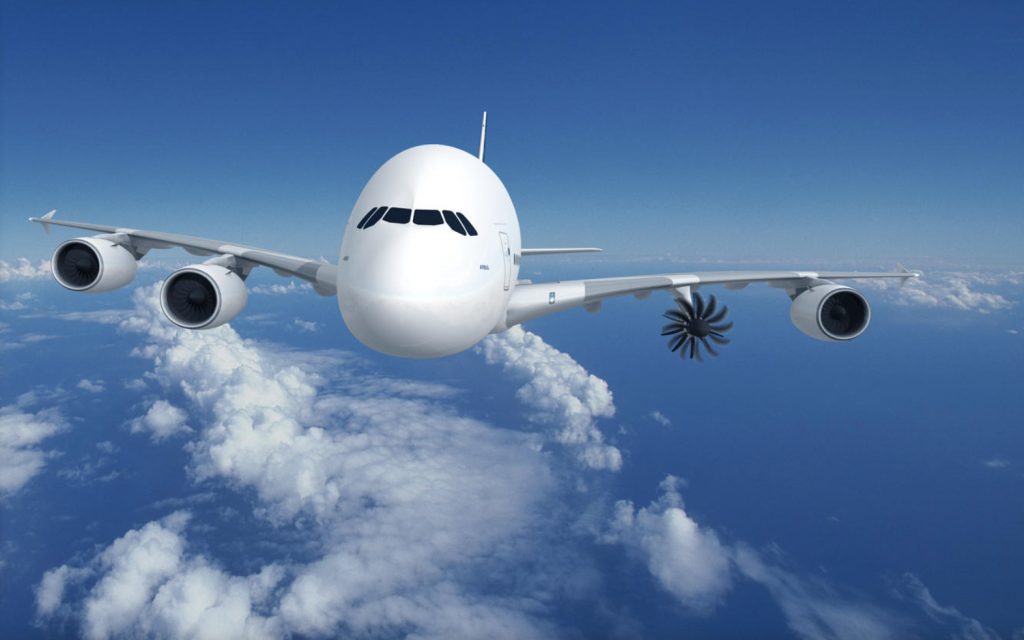
At Airbus Flightlab, tomorrow’s technologies are put to the test in a real-world environment. This A380 Demo flightlab is an example of the innovative thinking that could lead to a partially autonomous airplane. (Source: Airbus)
Airbus One of First Airlines Struggling with Pilot Shortage to Look to AI for Long-Term Solution
This year’s flight cancellations weren’t all due to mechanical problems—some were a direct result of a severe shortage of pilots. During the pandemic, pilots began retiring in large numbers, and the trend is continuing faster than commercial flight schools can make up the difference. That’s why Airbus is looking to an AI-driven solution to alleviate the shortage.
According to a story on VentureBeat.com, Wayfinder, a research project within Acubed, the Silicon Valley innovation center of Airbus, is developing autonomous flight and machine learning solution for new aircraft.
“Industry estimates expect passenger volume to grow from pre-COVID levels of 4 billion passengers a year to 8 billion – a little more than the current world population – in about 15-20 years,” Airbus’ Wayfinder project executive, Arne Stoschek, told VentureBeat. “It’s a massive, massive scaling topic.”
Greater demand from passengers and fewer pilots are a tough nut to crack, but technology might actually bridge the gap soon. Airbus and the commercial aviation industry also have safety in mind as a reason to employ AI. It can support pilots in better understanding the environment and coming to the right decisions. If single-pilot operations are adopted (instead of two or more pilots), that would also mean a shift in pilot responsibility.
“We certainly believe that the next generation of single-aisle aircraft will be single-pilot capable,” former Acubed executive, Mark Cousin, told FlightGlobal in 2020, noting that any single-pilot commercial aircraft will need advanced autonomous systems capable of taking over and landing should the pilot become incapacitated.
read more at venturebeat.com







Leave A Comment